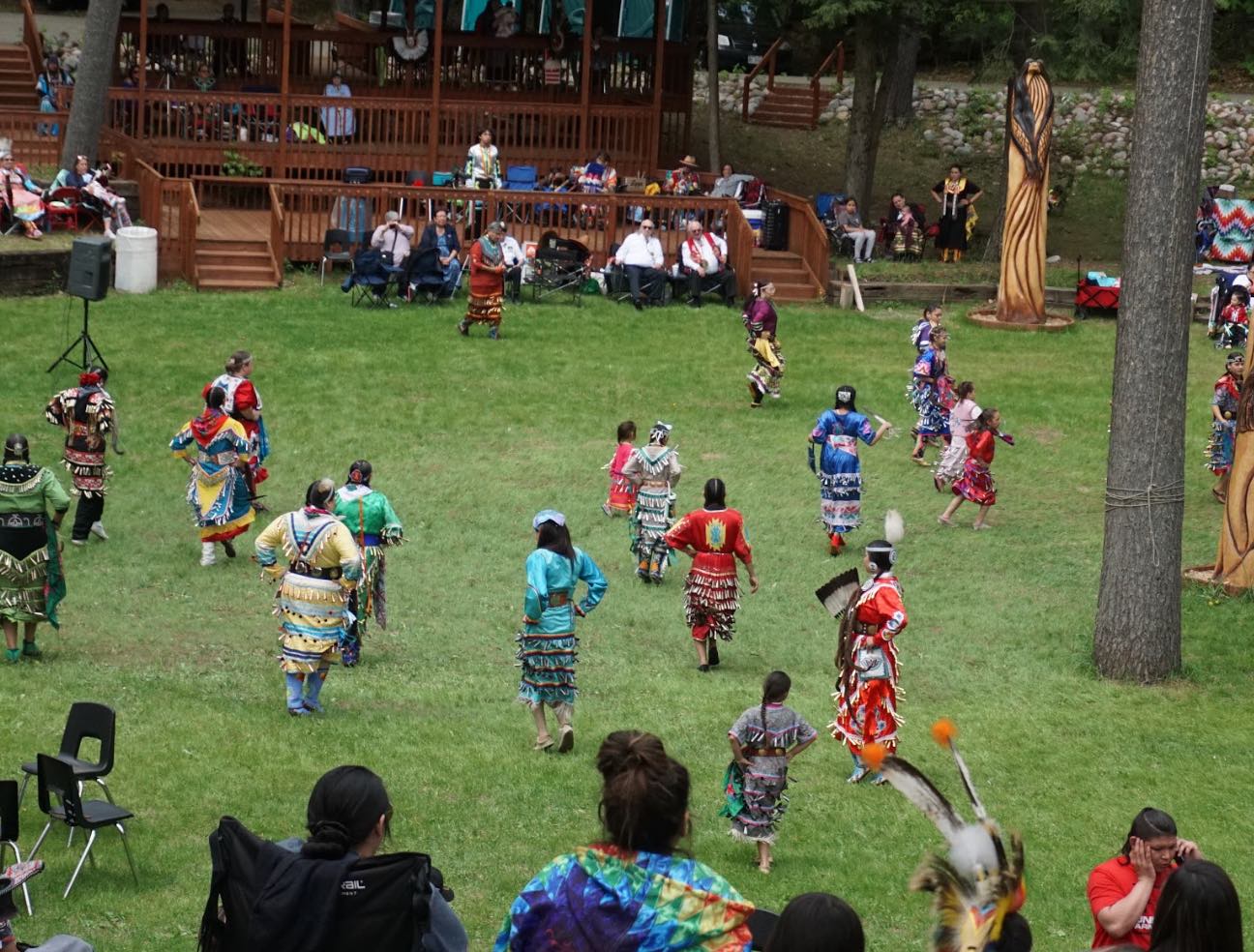Advocating For Native American Mental Health

The shortage of Native American mental health professionals has been an increasingly prominent issue in the community.
To help Indigenous individuals find effective, long-lasting solutions, they require a therapist who can personally relate to their history and properly address and heal their mental illnesses. Fortunately, several outlets and individuals are making an effort to raise awareness for this issue.
The struggle to Find Native American Therapists
One individual attacking this epidemic head-on is Mary Owen. Owen is a member of the Tlingit Nation tribe and the associate dean of Native health at the University of Minnesota Medical School.
As a Native physician, Owen says many Native Americans feel like they’re the last priority amongst clients, frequently dealing with racism that makes them feel like second-class citizens.
Therefore, Owen has spent much of her career attempting to increase the number of Native and Indigenous healthcare professionals. One reason Owen is so emotionally connected to this problem is her personal experiences with it.
That said, the physician admits she has struggled to find Native therapists for both her patients and herself.
The Importance of Native American Therapists
At first glance, it may not seem like Natives connecting with other Native therapists would be such an issue. However, the vitality of doing so can’t be underemphasized.
When Native Americans can connect with people of similar cultural backgrounds, they can feel better understood.
With that, Native Americans in the United States share a history of trauma and marginalization that has affected multiple generations. And this is something that an outsider simply cannot entirely understand, regardless of the amount of research and effort.
When Native Americans seeking mental health support do not feel understood, they feel invisible, making successful recovery challenging.
Owen points out that for Indigenous women, connecting with someone who would understand them is even more important because they often feel “invisible in this country.”
Mental Health Statistics in the Native American Community
The demand for mental health care in the Native American community is a pressing issue that must be solved. Out of millions of psychologists in the United States, only about 300 are Native American.
“American Indians are the most underserved and underrepresented when it comes to psychologist to potential population ratio,” Doug McDonald, a professor of clinical psychology at the University of South Dakota, argues.
And when it comes to Native Americans needing mental health support, the statistics couldn’t make the demand more obvious.
For example, about 20% of Native American adults admit to experiencing a mental illness of some kind in their life. Further, the suicide rates amongst Native teens are more than double those of white youth in America.
These numbers only prove that Native Americans are experiencing more serious psychological distress than the rest of the population. But why is that?
“It has to do with the history that we’ve experienced that we can’t sort of disconnect from,” John Gonzalez, a member of the White Earth Nation, points out.
Essentially, the Native American community contains generations of people who have endured trauma and continue to experience it in various ways. For instance, trauma is experienced through higher poverty rates, educational disadvantages, higher rates of health struggles, and more.
The Importance of Mental health Care that’s Culturally Appropriate
Culturally appropriate mental health care is so pressing so Native Americans can actually heal from their trauma, not just talk about it and constantly live with it.
That said, when healthcare experts are unable to understand or aren’t aware of the cultural practices in the Native community, certain recommendations can be triggers without them knowing how or why.
Additionally, Native American psychologists note that combining traditional practices with cultural ones can immensely help those struggles.
“I feel like the traditions and the values speak to the Indian in them,” Jessica Gourneau points out.
Gourneau, the clinical director at the American Indian Family Center in St. Paul, adds that these traditions and values “open them up to being open to this process” of addressing and healing from trauma.

